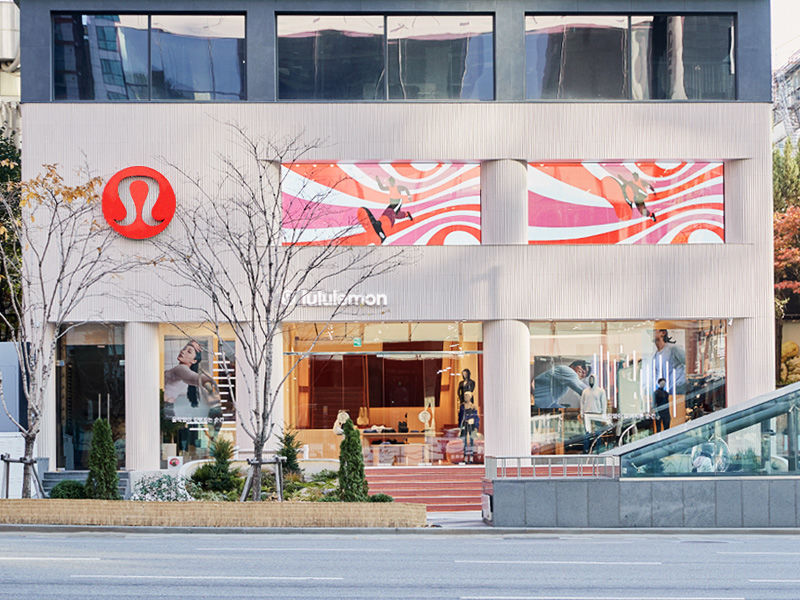The coronavirus outbreak slapped most nonessential retailers with a disastrous first half of the year. Temporary store shutdowns meant shoppers couldn't enter stores and make purchases, and consumers' worries about mounting job losses and their focus on stocking pantries meant many weren't in the mood to shop for clothing and accessories anyway.
Luckily for retailers, some shoppers did continue buying -- online. And that was the bright spot in recent earnings from Lululemon Athletica (LULU +3.68%) and Nordstrom (JWN +0.00%). Today, as both retailers emerge from store shutdowns and work to get back on track, which one represents the better buy?

Image source: Getty Images.
The case for Lululemon
Even though overall revenue fell in the most recent quarter, the maker of yoga-inspired clothing reported a massive 70% gain in digital sales. That's after a 35% gain last year. So we know digital was on the rise at Lululemon prior to the coronavirus outbreak -- and it's likely positive trends here will continue.
Earlier this month, Lululemon's five-day online sale didn't please Wall Street, but I don't expect discounting to become routine for the retailer. Here's why: About 40% of the company's clothing doesn't depend on seasons or trends of the moment, meaning Lululemon doesn't have to discount it to make room for newer styles. From an inventory standpoint, the company said it's in good shape for the second half of the year.
Looking further ahead, Lululemon predicts it can quadruple business in international markets by 2023 from 2018 levels. That's after online sales in Europe and Australia each grew more than 100% in the most recent quarter.
The return to normal may not be overnight. As the coronavirus outbreak continues, it's possible that shoppers will not be focused on discretionary buying. But in the long term, Lululemon's digital strength and international prospects will clearly drive growth.
The case for Nordstrom
Nordstrom, like Lululemon, benefited from its digital platform as consumers stayed home, but to a lesser degree. The department store's online sales rose 5% in the most recent quarter. Nordstrom's digital business also saw 50% growth in new customers -- that's a positive, even if only a small percentage become regulars. Still, the company, which makes about two-thirds of its business in physical stores, said net sales fell 40% in the quarter.
While many retailers suffered from ballooning inventory during the crisis, Nordstrom scores a win for inventory management. High levels of unsold items are a problem, because they represent a cost -- and mean a store may not have room for newer items. Nordstrom reduced receipts by about 80% in April and May and finished the quarter with a 25% decline in inventory compared to the year-ago period. Prior to the crisis, Nordstrom already had in-store fulfillment capabilities, which normally serve about 20% of online orders. During the crisis, in-store fulfillment served half of online orders, which also helped Nordstrom reduce inventory levels.
The department store took a variety of measures to boost liquidity and reduce cash burn, such as suspending dividends, drawing down $800 million on a revolving line of credit, and cutting costs.
Lululemon or Nordstrom?
Since the coronavirus outbreak is a temporary situation, I've been looking back to see how companies were doing before the pandemic. If growth was strong and a company managed the crisis properly, I tend to be optimistic about its recovery.
Prior to the health crisis, Lululemon had been steadily growing annual revenue for more than a decade. Nordstrom had been increasing revenue over the same period -- until last year. Like other department stores, Nordstrom is facing a decline in foot traffic in malls and consumers' changing buying habits, and its shares have lost 63% so far this year. But until we have a better picture of how and when Nordstrom might recover, it's too early to view its shares as a bargain.
Lululemon shares have climbed 35% this year as of Friday morning and are trading near an all-time high. Though that's a bit pricey, it may be worth paying for this retailer's growth prospects.






